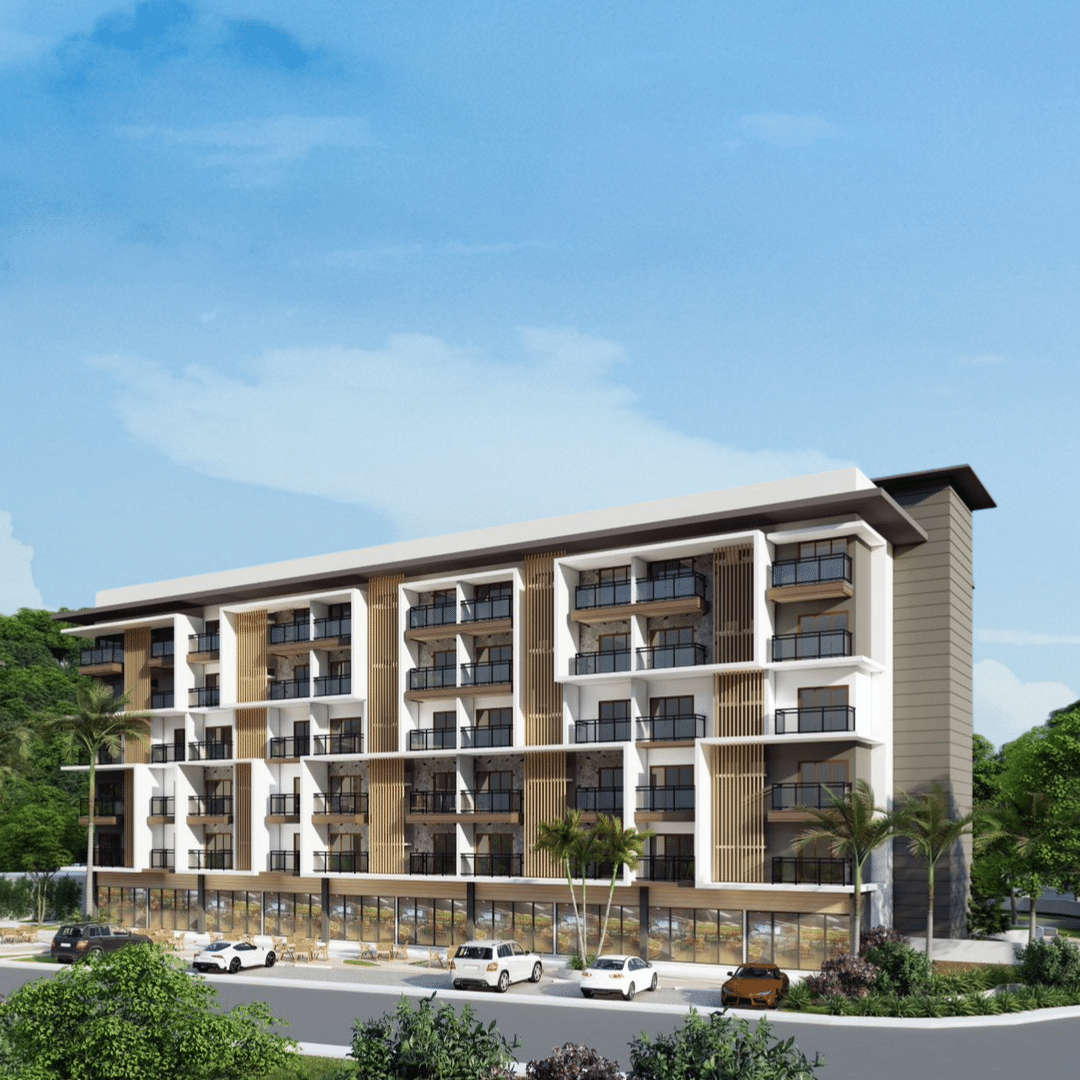Living together before marriage is a concept that is strongly discouraged in a highly conservative country like the Philippines. But it's already 2022! Times are changing, and so is the Philippines, as it is experiencing an increase in cohabitation and non-marriage, according to a 2021 article published by the Asia Research Institute of the National University of Singapore.
For a variety of reasons, many couples decide over time to forego getting legally wed: not wanting to spend, believing in living together first before getting married, choosing to just live together without getting wed, weighing the costs of annulments and the lack of divorce in the Philippines, and many more. Even if there is no formality involved, live-in relationships are somewhat like marriages; laws are similarly applied to both, particularly regarding the co-ownership of property.
Although married couples are typically the subject of co-ownership of real property, unmarried couples can still buy properties and other valuable possessions. Some of these couples eventually decide to get married, while others inevitably decide to part ways. Live-in partners may co-ownership of property in the Philippines during their relationship, but if things don't work out, who gets what could become a big problem. The situation becomes complicated at this point. It is where Articles 147 and 148 of the Philippine Family Code come into play.
Article 147 of the Family code states that:
When a man and a woman who are capacitated to marry each other, live exclusively with each other as husband and wife without the benefit of marriage or under a void marriage, their wages and salaries shall be owned by them in equal shares and the property acquired by both of them through their work or industry shall be governed by the rules on co-ownership.
In the absence of proof to the contrary, properties acquired while they lived together shall be presumed to have been obtained by their joint efforts, work or industry, and shall be owned by them in equal shares. For purposes of this Article, a party who did not participate in the acquisition by the other party of any property shall be deemed to have contributed jointly in the acquisition thereof if the former's efforts consisted in the care and maintenance of the family and of the household.
Neither party can encumber or dispose by acts inter vivos of his or her share in the property acquired during cohabitation and owned in common, without the consent of the other, until after the termination of their cohabitation.
When only one of the parties to a void marriage is in good faith, the share of the party in bad faith in the co-ownership shall be forfeited in favor of their common children. In case of default of or waiver by any or all of the common children or their descendants, each vacant share shall belong to the respective surviving descendants. In the absence of descendants, such share shall belong to the innocent party. In all cases, the forfeiture shall take place upon termination of the cohabitation.
Article 148 of the Family code states that:
In cases of cohabitation not falling under the preceding Article, only the properties acquired by both of the parties through their actual joint contribution of money, property, or industry shall be owned by them in common in proportion to their respective contributions. In the absence of proof to the contrary, their contributions and corresponding shares are presumed to be equal. The same rule and presumption shall apply to joint deposits of money and evidences of credit.
If one of the parties is validly married to another, his or her share in the co-ownership shall accrue to the absolute community or conjugal partnership existing in such valid marriage. If the party who acted in bad faith is not validly married to another, his or her shall be forfeited in the manner provided in the last paragraph of the preceding Article.
Cohabiting partners may impose co-ownership of property while residing together, but only if all of the following conditions are met: (a) they are capable of getting married to one another; (b) they live together exclusively; (c) their relationship is more than just a passing fling; and (d) neither of them is already married, or their marriage is null and void.
The norms of co-ownership of property in the Philippines will apply to properties obtained by the couples while they were cohabitating, which means that the live-in partners are considered to possess all properties in proportion to their respective efforts in gaining them.
The live-in partners will share responsibility for managing their co-ownership of real property. Until the end of their cohabitation, neither partner may sell, dispose of, or transfer their share in the co-owned property to a third party without their partner's consent.
Since you now understand the notion of co-ownership of real property by live-in couples, you may confidently buy properties and make better plans with your partner. It's time to make real estate investments, such as condo investing!
Consider Vista Residences, one of the top developers of condo units in the Philippines, if you're considering condo co-ownership. Young professionals and university students are particularly interested in the high-quality condo properties that Vista Residences has given people, which can be tailored to their needs. Condominium units can be found in cities such as Manila, Mandaluyong, Makati, Ortigas, Taguig City, and Quezon City. Units from Vista Residences are also available in Baguio, Cebu, and Cagayan De Oro.
These condominiums are perfect for anyone looking for homes close to prestigious universities, business facilities, and other popular locations, especially for couples considering condo co-ownership. Modern living amenities like trendy cafés, restaurants, grocery stores, and even convenience stores are included in these pre-selling and ready-for-occupancy condominiums, enabling residents to lead their lifestyles. More mid-rise and high-rise condominium apartments are anticipated to be delivered by Vista Residences to additional emerging areas across the nation, particularly in Metro Manila. Vista Residences make condo investing worth it!
For more information on Vista Residences, email info@vistaresidences.com.ph, follow @VistaResidencesOfficial on Facebook, Twitter, Instagram, and YouTube, or call the Marketing Office at 0999 886 4262 / 0917 582 5167.










